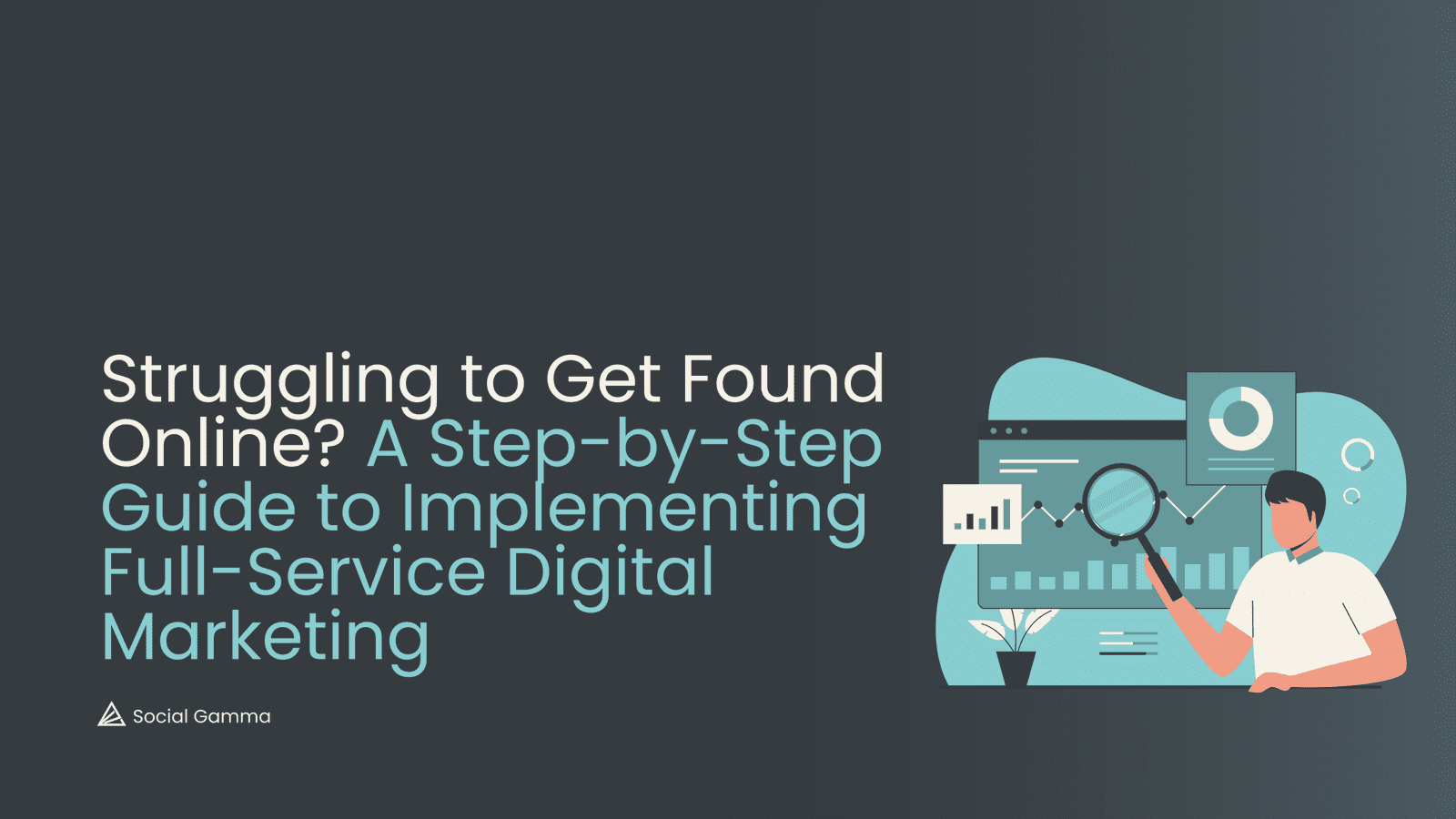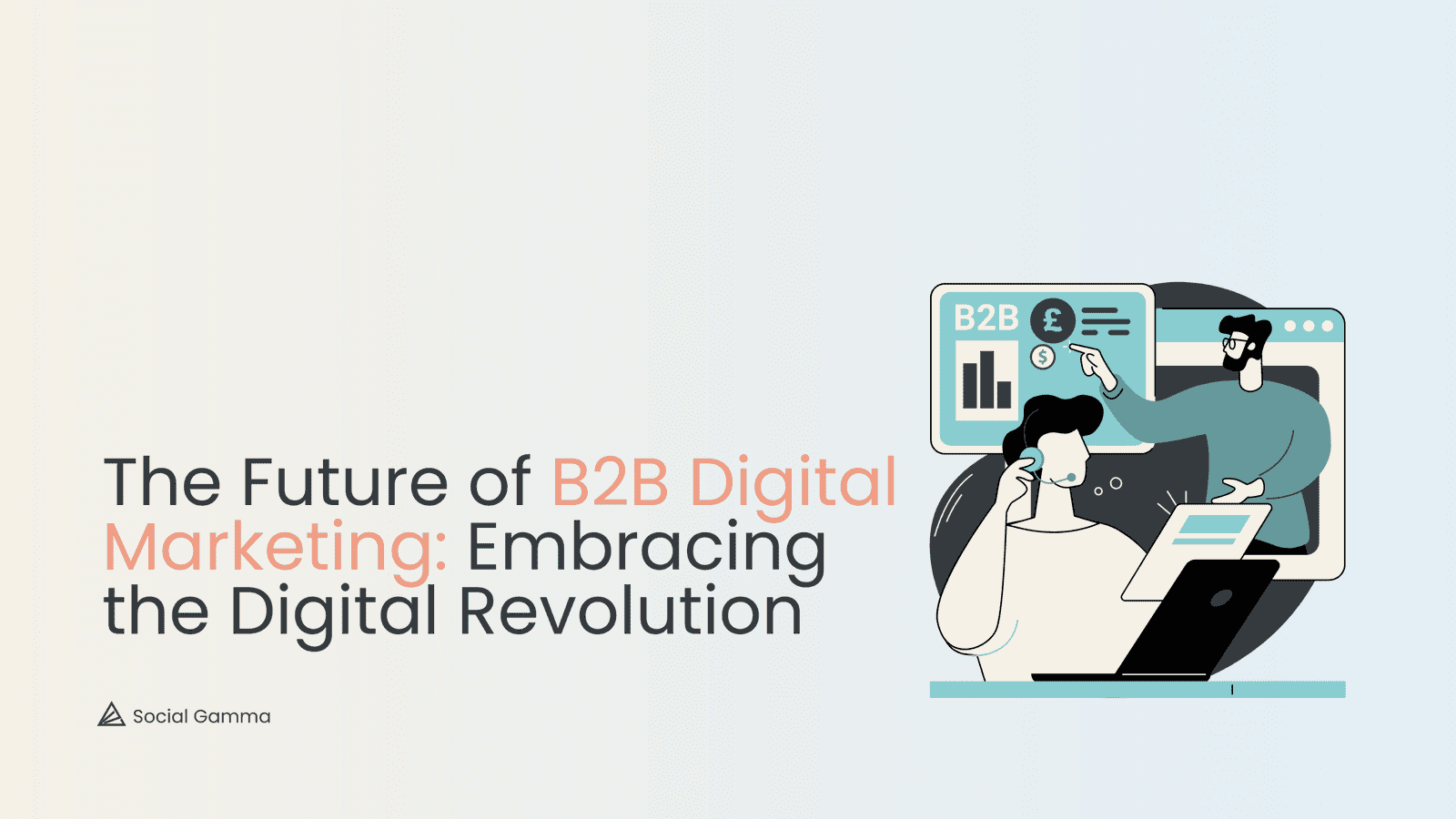In today’s business landscape, sustainability has become a buzzword. Companies around the world are adopting eco-friendly practices to capitalise on the growing demand for sustainable products and services. As a result, digital marketing has become an essential tool to promote sustainability.
As recently as this week, renowned sportswear and fashion brand Nike has found itself facing accusations of greenwashing brought forward by a consumer in the US. Marketing Dive reported that the lawsuit, which was filed in a federal court in Missouri, alleges that Nike has illegitimately and misleadingly exploited the rising popularity of eco-conscious consumers seeking sustainable products.
Contents
“As the lawsuit tells it, Nike is among a litany of companies attempting to ride all the way to the bank the wave of consumers in search of sustainable, environmentally friendly products”
Source: classaction.org – 15th May 2023
Not all marketing claims are equal, and greenwashing remains a widespread problem in the industry. Greenwashing refers to the practice of making false or misleading claims about the environmental benefits of a product or service. This deceptive practice misleads consumers and undermines the credibility of genuine sustainability initiatives. The dangers of greenwashing go beyond damaging consumer trust, and companies that engage in deceptive marketing practices risk facing legal and regulatory consequences.
Despite this, some companies continue to engage in greenwashing, putting profits ahead of ethical considerations. The question arises: Why do companies continue to engage in greenwashing despite the potential consequences? The answer lies in the fact that sustainability has become a lucrative business opportunity, and companies are eager to capitalise on this trend. As a result, some companies resort to greenwashing as a quick and easy way to promote their products and services.
The Dangers of Greenwashing
Greenwashing, or the practice of making unsubstantiated or misleading claims about the environmental benefits of a product or service, has become a widespread problem in digital marketing. Many companies use vague or ambiguous language to imply that their products are environmentally friendly without providing evidence to back up these claims. Others make false or misleading statements about their sustainability efforts, such as claiming to be carbon neutral without providing a clear explanation of how they achieved this status. These practices not only mislead consumers but also undermine the credibility of genuine sustainability initiatives.
Companies that engage in deceptive marketing practices risk facing legal and regulatory consequences. Even prior to the Nike accusations, in recent years several high-profile greenwashing claims have been brought forward. Fast fashion retailer H&M faced similar accusations just last year, accused of attempting to capitalise on green trends and mislead consumers.
Authenticity in Sustainability Marketing: The Key to Building Trust
In order to build trust with consumers and avoid accusations of greenwashing, businesses must prioritise authenticity in their sustainable marketing practices. Authenticity requires a commitment to transparency and a willingness to acknowledge the limitations and challenges of eco-friendly practices. Instead of simply making vague promises of sustainability, businesses must demonstrate a genuine commitment to reducing their environmental impact through concrete actions.
Authentic sustainable marketing also requires a deep understanding of the various approaches to sustainability, including eco-efficiency, eco-effectiveness, and eco-philosophy. Eco-efficiency focuses on reducing the environmental impact of production processes, while eco-effectiveness emphasises the creation of closed-loop systems that minimise waste and promote sustainability. Eco-philosophy, on the other hand, is a more holistic approach to sustainability that takes into account ethical, social, and cultural dimensions.
Collaborating with consumers and communities for sustainable marketing
Consumers are becoming more aware and conscious of the environmental impact of their purchases, and they expect companies to be transparent about their sustainable practices. In order to build trust with consumers, businesses must demonstrate their commitment to sustainability, and this often requires collaboration with consumers and communities.
Collaboration can take many forms, such as co-creation, co-design, and co-delivery. Co-creation involves involving consumers and communities in the development of sustainable products and services. This can be done through ideation sessions, focus groups, or online surveys. Co-design involves working with consumers and communities to design products and services that meet their needs and expectations while also being sustainable. Co-delivery involves working with consumers and communities to ensure that products and services are delivered in a sustainable manner, such as through sustainable packaging or delivery methods.
Measuring and reporting sustainability progress
In the realm of sustainability, businesses are under immense pressure to demonstrate their commitment to environmental responsibility. Measuring and reporting progress and impact is an essential part of this process. However, this process is not as straightforward as it may seem. In fact, it is a complex and controversial issue.
The road to standardised sustainability reporting has been paved with progress, yet the journey remains far from over. Despite improvements, one of the most pressing challenges in measuring sustainability progress and impact remains the lack of a unified approach to data collection and reporting. As a result, stakeholders often struggle to make accurate comparisons between the sustainability performance of different companies, which can lead to confusion and scepticism around reliability and transparency.
Another challenge is the need for better data collection and verification. Collecting reliable and accurate data is crucial for effective sustainability reporting. However, data collection can be time-consuming and expensive. Moreover, verifying the accuracy of data can be challenging, particularly for companies operating in global supply chains.
Moreover, there is an underlying responsibility to ensure that sustainability reporting is not just a tick-box exercise. To be truly effective, this must be integrated into companies’ overall business strategies and decision-making processes. It must also be accompanied by meaningful actions and outcomes that demonstrate a company’s commitment to sustainability.
Navigating these challenges requires a commitment to honesty and transparency, as well as a willingness to invest the time and resources necessary to accurately measure and report sustainability progress and impact. But beyond the moral imperative, there are also practical benefits to embracing these values. Companies that are seen as honest and transparent in their sustainability reporting are more likely to attract customers, investors, and employees who value sustainability.
What destiny awaits us?
Sustainability is in fact not just a buzzword, it’s a necessity. The planet is facing unprecedented environmental challenges, and the responsibility falls on companies to take action. Digital marketing provides an opportunity to drive sustainability, but it also presents ethical challenges.
The power of digital marketing in sustainability lies in its ability to inspire change. By promoting sustainable products and services, educating consumers, and encouraging sustainable behaviour, companies can be drivers of positive environmental impact. However, to truly achieve sustainability, digital marketing must be authentic and transparent.
The challenge of sustainability is too great to ignore, and the stakes are too high. It’s time for companies to take a hard look at their sustainability efforts and make the necessary changes to ensure authenticity and transparency in their marketing practices. By doing so, they can create a more sustainable future for all. The opportunity for companies to be true leaders in sustainability is immense, and it’s time for them to step up to the challenge. The question is: will they?
Do you want to know more?
If you found this article interesting and useful, follow us on our social media channels to stay updated with our weekly digital marketing insights.
If you want to learn more about our services or contact us, please follow this link to our website or send us an email at hello@socialgamma.com.
To find us on social media:
Follow us on LinkedIn: https://www.linkedin.com/company/socialgamma/
Follow us on Instagram: @socialgamma
Follow us on Twitter: @social_gamma
Like us on Facebook: @socialgamma


